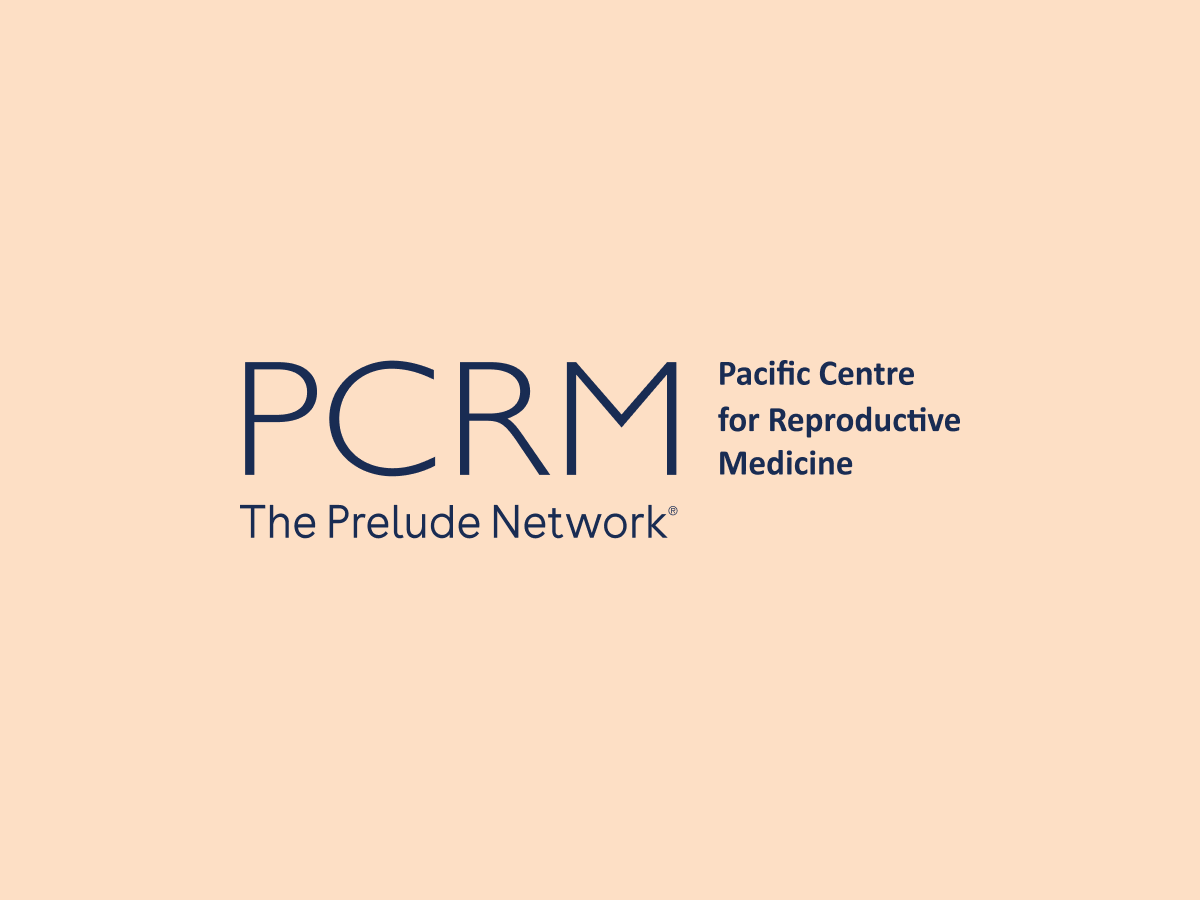
What is Polycystic Ovarian Syndrome (PCOS)?
Polycystic Ovarian Syndrome (PCOS) is a common disorder affecting approximately five to ten percent of women of reproductive age.
This condition is associated with irregular menstrual cycles, an absence of regular ovulation, hirsutism (excessive hair growth in uncommon areas) and infertility. PCOS can appear at any time in a woman’s life as she continues to menstruate, typically affecting women under the age of 30.
If you or a loved one is experiencing any of these symptoms, it does not necessarily mean PCOS is responsible. PCOS is a “diagnosis of exclusion,” meaning we rule out all other possibilities before making a final assessment.
Often, a diagnosis can be made given a patient’s medical history and a physical exam, but there are tests we perform to verify the condition. Our doctors evaluate a patient’s thyroid, prolactin and testosterone levels. In some instances, we also perform an ultrasound to check the state of the ovaries. In rare cases, these symptoms can indicate growth of a tumor. Our doctors exhaust all possibilities.
If it is determined that PCOS is affecting ovulation, PCRM patients will start on one of two available medications.
Letrozole is a drug that was initially developed to treat breast cancer. It has been successful in increasing pregnancy rates for women with PCOS. Clomiphene is another oral medication. It has been around for at least 50 years and is administered as an alternative to letrozole. Patients take the prescribed medication for a six-month period, with costs ranging between $50 to 100 dollars per month.
There is a 25 – 30% chance of achieving pregnancy during this six-month period, with most pregnancies occurring within the first three months.
If pregnancy is not achieved after this trial period—with the male partner having already been tested for possible infertility—the next steps would follow more aggressive treatment in the form of injectable medications (gonadotropins) or IVF.
PCOS can negatively impact your life, but it is important to know that it can be treated.
Even if you’re not trying to get pregnant, irregular periods demonstrate a hormonal imbalance, which, left untreated, can potentially lead to long-term health problems, such as an increased chance of uterine cancer. As well, many individuals with PCOS are at a higher risk for diabetes. Anyone experiencing PCOS-like symptoms is encouraged to talk to their doctor.
Don’t second-guess yourself. Knowledge is the first step in being proactive. If you have any questions about your reproductive health, don’t hesitate to give us a call.
Related Posts
Categories
About the PCRM Blog
Welcome to the Pacific Fertility Centre for Reproductive Medicine Blog! Nationally and internationally recognized for providing exceptional reproductive care, our team believes in empowering people with the knowledge they need to navigate their unique fertility journeys.
From information on the latest fertility treatments to valuable insights on egg donation, surrogacy, and everything in between, the Pacific Centre for Reproductive Medicine Blog is your ultimate resource for all things reproductive care and support. Read on to learn more, and contact us today if you have any questions or want to schedule a new patient appointment.

